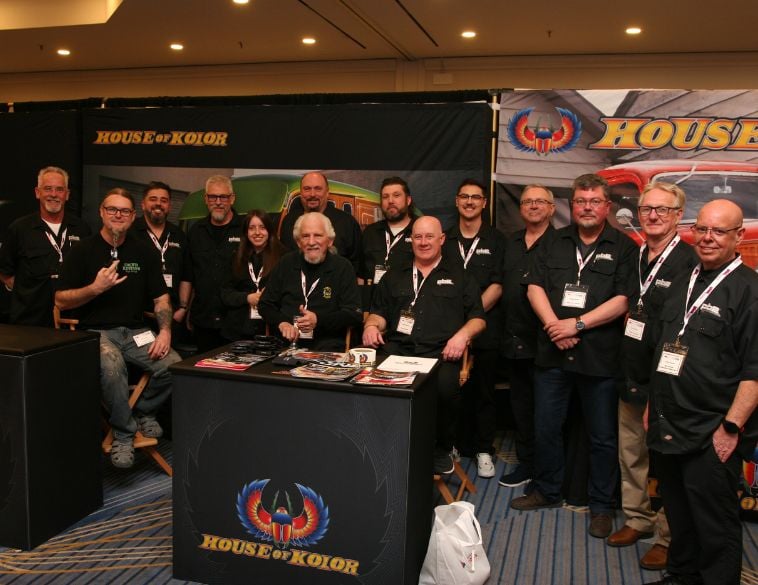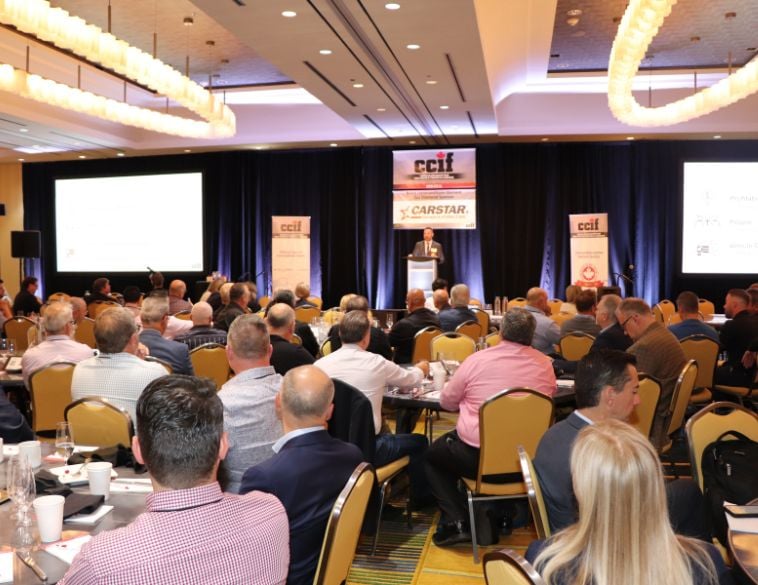Operational culture has to change.
Action in the business world is driven by money until a crisis forces change. In the collision repair industry, the crisis has not arrived so the decisions are all based on money. Unfortunately, most people and systems put far more weight on today’s money than on future dollars. So with no crisis and today’s money being most important, there is very little motivation to change what seems to be working now. When the crisis hits it will not happen on the first day that work is being done incorrectly. It will happen after some months and years that finally catch up and there will be a realization that what was seen to be working really wasn’t.
If it is not working then something has to be done differently. Business survival will depend on changing the approach to repairs. Industry advisors talk about training as if it is the silver bullet, but training without a corresponding operational change is useless. If a business has been getting by for many years doing what it’s been doing, it will be severely challenged. Operational culture has to change and that takes time. A few years ago would have been a good time to start.
Crisis of injury has not arrived
What will cause the crisis? Despite the stories we hear of bad repairs causing real risk, which they very much do, these stories are still anecdotes that have not caught the attention of the non-industry press or public. The crisis of injury has not arrived.
The one that will arrive will, fortunately, be one of an inconvenience rather than injury or death. The fix for the crisis of inconvenience will have the very beneficial secondary effect of preventing the crisis of injury.
Today’s $20,000 cars have advanced systems to which drivers are rapidly becoming accustomed. In a few years, these types of cars will be the norm and almost every car on the road will have these systems. Lane departure and blind spot monitoring are perhaps the two that people will rely on most of the time. These drivers will notice if the systems behave differently after the repair. If the repair facility does not get it right the first time, they will not get paid for the work they need to do to get it right the second time. Self-inflicted working for free is an unsustainable business model and those who want to survive will have to get these repairs and procedures right the first time.
Operational and business culture
Now we circle back to the operational and business culture changes that the successful operators will have made. The recognition that electronic repairs have to be done properly and treated with respect will prevent the crisis of injury and death, not just because the electronics are being repaired correctly but because the awareness of that need will carry over to the awareness of the need for correct structural repairs. If the work is being done by the same people they will not do the electronic work properly. Then they will do the structural work with out-of-date methods and equipment. If, as is more likely, the work is being done by different techs, one group’s culture of correct methods will rub off on the others.
This describes a believable future. It is rapidly on the way and the key to success will be getting ahead with planning and action. The crisis can hit the unprepared.



